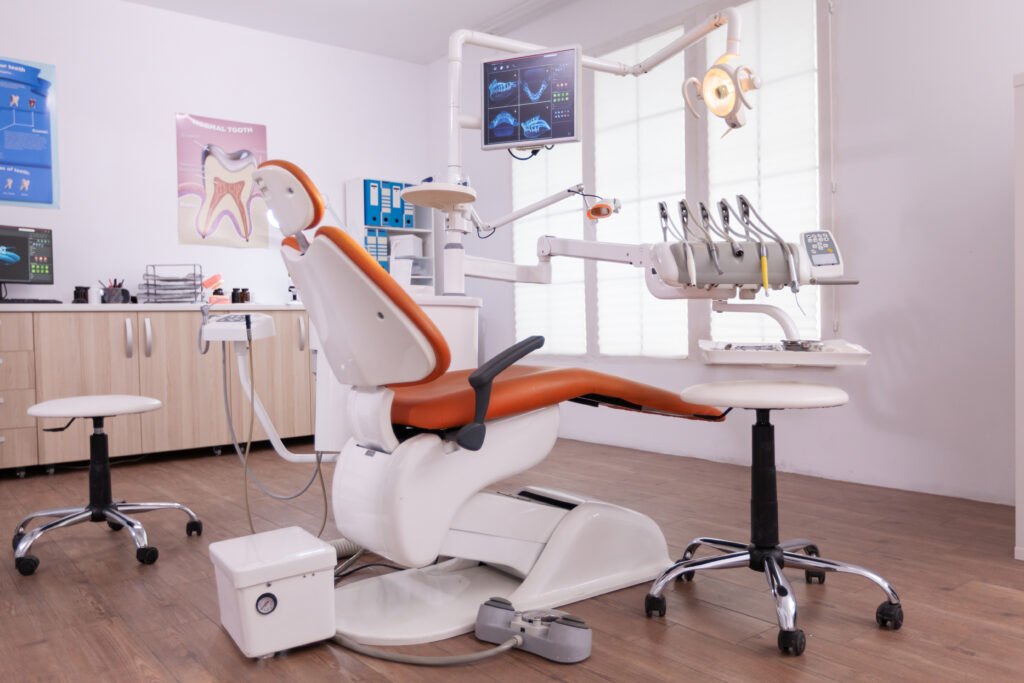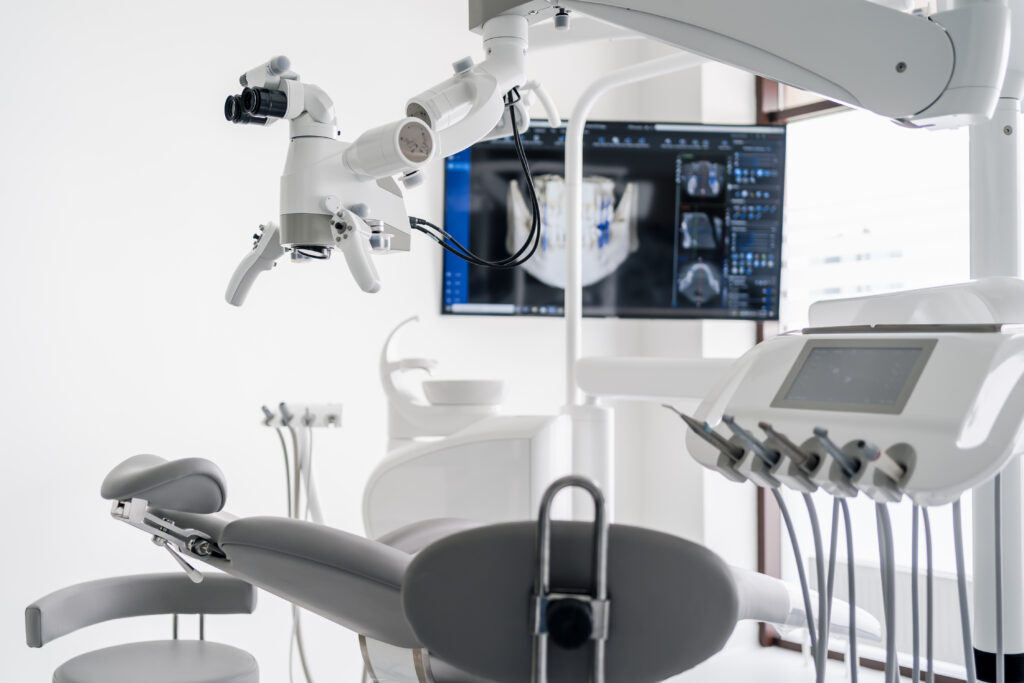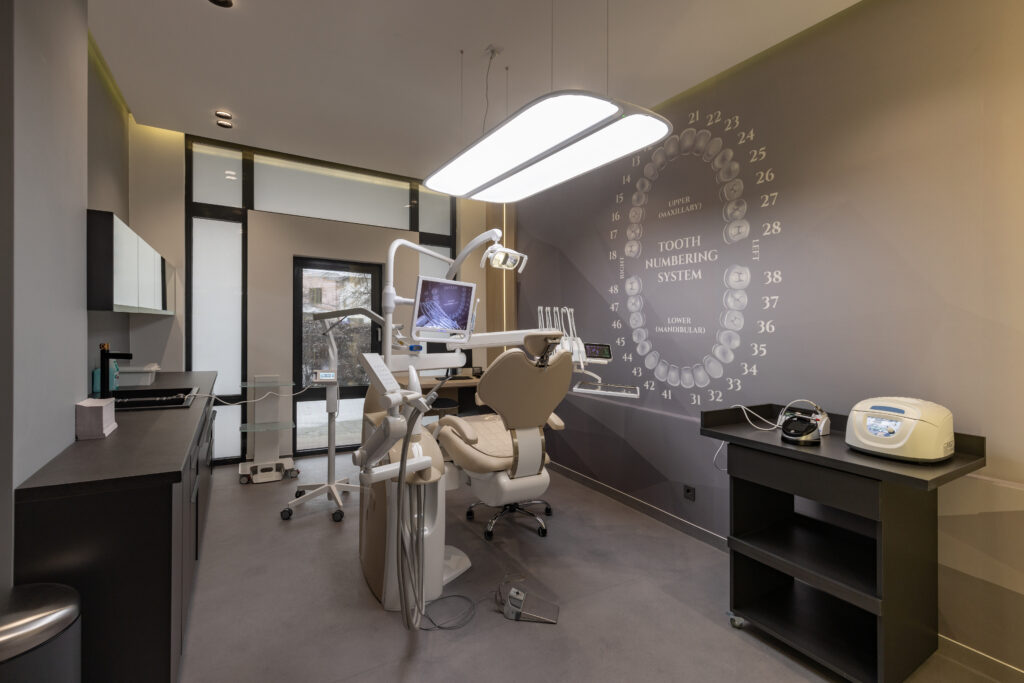
AJOY LIONAL
REALTOR®
Royal Star Reality Inc.
647-987-4020
DENTAL REAL ESTATE LEASING OR BUYING

NIBU VARGUISE
REALTOR®
Royal Star Reality Inc.
416-708-1047
DENTAL REAL ESTATE LEASING OR BUYING
Leasing dental real estate involves securing a property for your dental practice under a rental agreement. Here are key considerations and steps to navigate the dental real estate leasing process:
- Location and Demographics:
- Identify a location that suits your target patient demographic. Consider factors such as accessibility, visibility, and proximity to other healthcare facilities.
- Space Requirements:
- Determine the size and layout of the space needed for your dental practice. Consider factors like the number of treatment rooms, reception area, waiting room, and any additional space for administrative purposes.
- Budgeting:
- Establish a budget for leasing costs, including rent, utilities, maintenance, and any common area expenses. Understand the overall financial commitment associated with the lease.
- Lease Term and Options:
- Negotiate the lease term. Common lease terms for dental practices are typically 5 to 10 years. Discuss options for renewal and the terms associated with extending the lease.
- Rent Structure:
- Understand the rent structure, whether it’s a fixed rate or includes additional charges such as common area maintenance (CAM) fees, property taxes, and insurance. Negotiate these terms to ensure clarity and fairness.
- Tenant Improvements:
- Clarify who is responsible for any necessary tenant improvements. Determine if the landlord will contribute to the cost of build-out or if the responsibility falls on the tenant. Ensure that any improvements comply with healthcare regulations.
- Legal Review:
- Have the lease agreement thoroughly reviewed by a real estate attorney with experience in commercial leases. Ensure that the terms align with your business needs and comply with local regulations.
- Insurance:
- Obtain appropriate insurance coverage, including liability insurance. Verify whether the landlord requires specific insurance coverage and comply with those requirements.
- Zoning and Permits:
- Verify that the property is zoned for dental practice use. Obtain any necessary permits from local authorities. Ensure compliance with healthcare regulations and accessibility standards.
- Negotiation:
- Negotiate the lease terms, including rent, lease duration, and any other relevant provisions. Be clear about your needs and be prepared to discuss and compromise on various aspects of the lease.
- Exit Strategy:
- Include provisions for an exit strategy in the lease agreement. Understand the process for termination or relocation, and be aware of any penalties or conditions associated with breaking the lease.
- Documenting Conditions:
- Before signing the lease, document the condition of the property. Take photographs and note any existing damage to protect yourself from potential disputes when the lease term ends.
- Seek Professional Advice:
- Engage with professionals such as a commercial real estate broker, attorney, and accountant to guide you through the leasing process. Their expertise can help you make informed decisions and negotiate favorable terms.
It’s essential to approach the dental real estate leasing process with careful consideration and thorough due diligence to ensure that the chosen space meets your practice’s needs and aligns with your long-term goals.
REAL ESTATE BUYING
A real estate agent can play a crucial role in helping you buy property for your dental business. Here are some ways in which an agent can assist you:
- Market Knowledge:
- A real estate agent has in-depth knowledge of the local real estate market. They can provide information on property values, market trends, and potential growth areas. This is particularly important when selecting a location for your dental practice.
- Property Search:
- Agents can help you identify properties that meet your specific requirements, such as size, location, and budget. They have access to multiple listing services (MLS) and can efficiently narrow down your options.
- Negotiation Skills:
- Real estate transactions involve negotiation. An experienced agent can negotiate on your behalf to secure the best possible deal. This includes not only the purchase price but also other terms and conditions of the sale.
- Due Diligence:
- Agents can assist in conducting due diligence on potential properties. This includes researching the property’s history, checking zoning regulations, and identifying any potential issues that may affect the property’s suitability for a dental practice.
- Network of Professionals:
- A good agent often has a network of professionals, including real estate attorneys, inspectors, and mortgage brokers. They can recommend reliable professionals to help facilitate a smooth transaction.
- Understanding Regulations:
- Different areas may have specific regulations regarding the establishment of medical or dental practices. A knowledgeable agent can guide you through these regulations, ensuring compliance with local zoning laws and other requirements.
- Assistance with Paperwork:
- Real estate transactions involve a significant amount of paperwork. An agent can help you navigate through the documentation, ensuring that everything is in order and facilitating a smooth closing process.
- Coordination of Inspections:
- Your agent can coordinate property inspections, ensuring that you are aware of any potential issues with the property before finalizing the purchase.
- Local Connections:
- Agents often have connections with other local businesses and professionals. They can provide insights into the community, potential patient demographics, and other factors that may influence your decision.
- Saves Time and Effort:
- Hiring a real estate agent saves you the time and effort of searching for properties, scheduling appointments, and handling negotiations. This allows you to focus on running your dental practice.
When selecting a real estate agent, look for someone with experience in commercial real estate and a proven track record of helping businesses find suitable properties. Communicate your specific needs and goals clearly so that the agent can tailor their services to meet your requirements.
Don't See The Answer You Need? Contact us
- Lowest Fee
- Professional Appraisal included
- 9+ years of Extensive Experience in dental practice sales and build
- Extensive Network of Prospective Buyers
- Highest Value possible
- Seamless Transition

NIBU VARGUISE
REALTOR®
Royal Star Reality Inc.
416-708-1047

AJOY LIONAL
REALTOR®
Royal Star Reality Inc.
647-987-4020
Don't See The Answer You Need? Contact us

DENTAL PRACTICE BUYING
Buying a dental practice involves a thorough process to ensure a successful transition.

DENTAL PRACTICE SELLING
Selling a dental practice is a significant decision that involves various considerations, both financial and professional.

LEASING OR BUYING PROPERTIES
Leasing dental real estate involves securing a property for your dental practice under a rental agreement.

